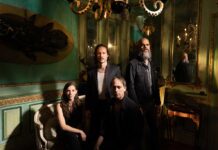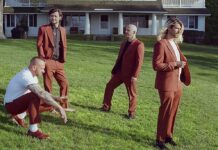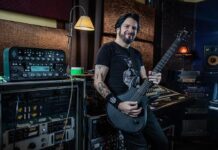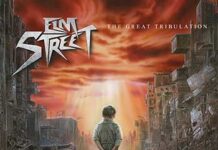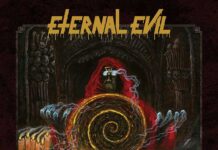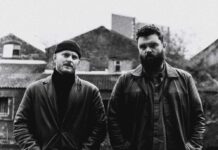
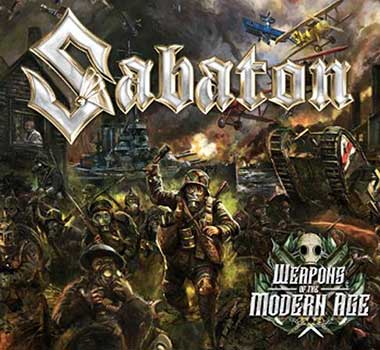
Today, metal heroes SABATON make an exciting announcement: With their fascination for the stories of World War I, and two dedicated studio albums filled to the brim with stories from this conflict, the band from Falun has decided to dive even deeper into this topic with their newest release: The EP trilogy entitled Echoes Of The Great War. This new EP trilogy features new songs specifically about World War I, coupled with topically related catalog music. You read that right! SABATON has been busy in the studio recording some new music for their fans.

With this WWI collection, the band aims to present this music in a different way, enabling listeners to familiarize themselves with these incredible war stories while simultaneously quenching the thirst for metal music.
Commenting on the new project, Pär Sundström states: “This trilogy complements our two studio albums The Great War and The War To End All Wars. We were definitely not ready to close our World War I chapter. We wanted to continue the journey and let it echo a little longer in the hearts and minds of our fans.”
The first in the series, Weapons Of The Modern Age, is out now. In times of conflict, science is very much linked to the war system. The First World War witnessed some of the biggest leaps in scientific evolution, weaponizing land, sea and skies in ways never witnessed before. This EP sheds light on the powerful and devastating tactics used to fight the war, and kicking off this release is SABATON’s new track, “Father.”
Sharing his insight on the track, Joakim Broden said: “Our new song ‘Father’ is a dark track about a very controversial person. Fritz Haber, the man who weaponized lethal gas, is responsible for about 4 billion people being alive today thanks to the Haber-Bosch process that he won a Nobel Prize for. It takes some serious thought to wrap your head around his story. Things aren’t always easy to understand or simply black and white, but rather all shades of grey. ‘Father’ really forces you to think a bit more than the average song you hear on the radio.”








